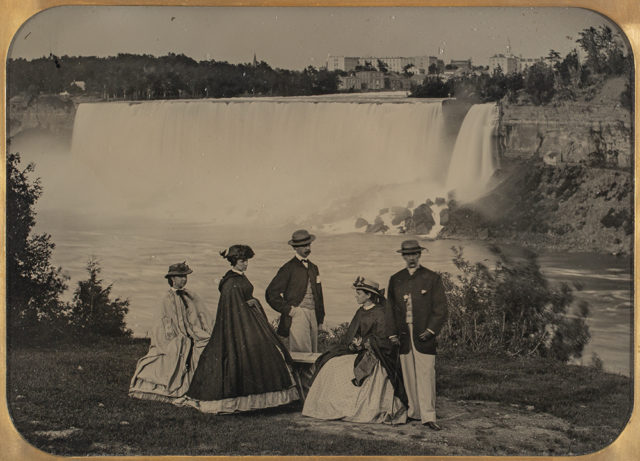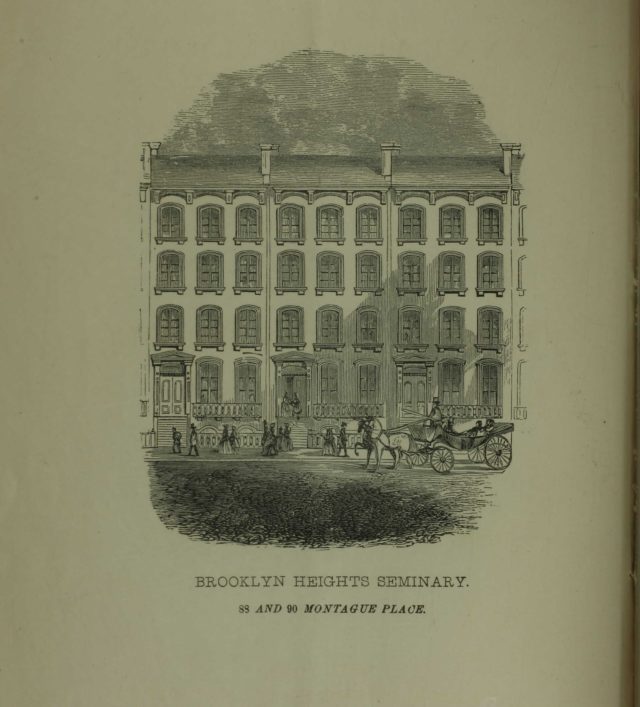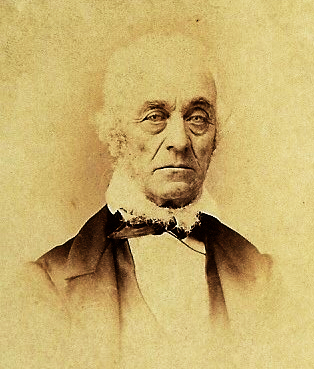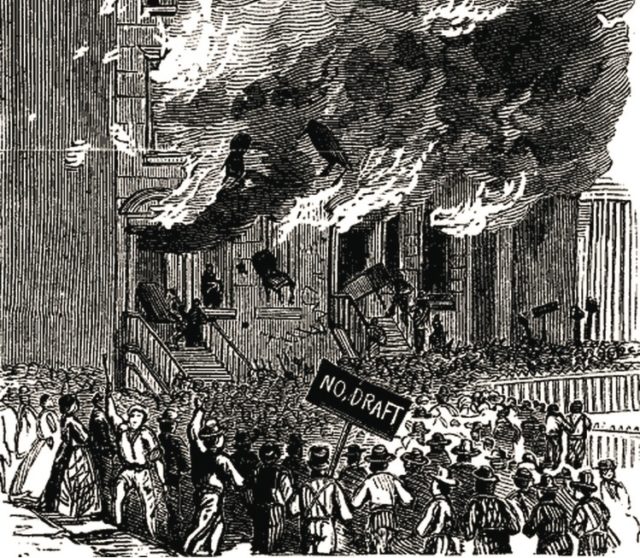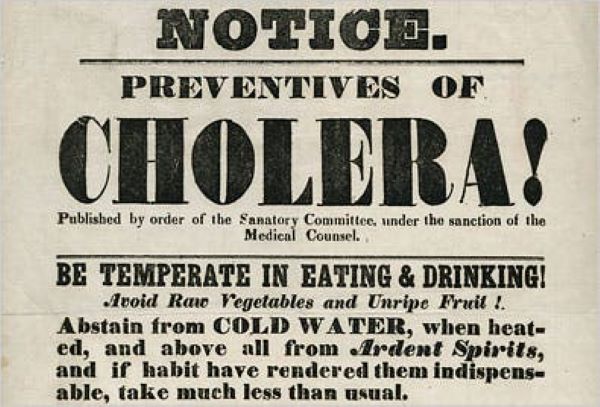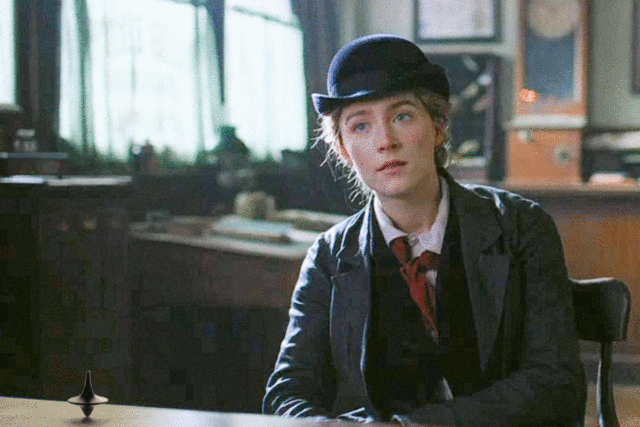“Do not be surprised if you are sued for defamation.”
William Goodell, September 28, 1867
By all accounts, Lavinia Goodell had planned to continue teaching indefinitely at the Brooklyn home of Mr. Lyon, a wealthy merchant, but at the end of the school year in 1867 a bitter dispute arose between her and Lyon over her promised wages. As Lavinia tells it:
I did not ask him for anything for the time that I did not teach…. All I asked was that he should pay me what he agreed to for the time I did teach. He promised – and I had his written word for it – to pay me $300 a year, if we had 12 scholars, promising verbally that if we had over 12 I should have all the extra money, over and above what came in for 12.
We had 12 all the time, and much of the time 15. We had no settlement till I came to leave. Then I brought in my bill for $224 for 3/4 of a year; and $46 for the extra scholars; whereupon he positively refused to pay me excepting at the rate of $200 a year, or $150 for 3/4 of a year, saying that was all he promised. I showed him the letter in which he promised $300, and he was the angriest man you ever saw. He was rude, and insulting, and he said he should pay me no more than he pleased, and that I could prove nothing against him as the bargain was not a legal document with a seal. I never was as surprised in my life. At the final settlement, this fall – by holding out about it, and making him think I might do something – I brought him to a compromise, and he paid me at the rate of $275 a year, no allowance for extra scholars. A lawyer, who appears to be well posted, and is secretary to the mayor said I could have received the whole by going to law; and that I was foolish not to do it. Mary Booth thought it was outrageous, and it was with her advice that I wrote him that letter. I am not sorry I did it. I think such villainy ought to be exposed for the protection of innocent and unsuspecting people – not, of course, from motives of revenge. Everybody who knows it is even more indignant than I have been over it.
Continue reading →
